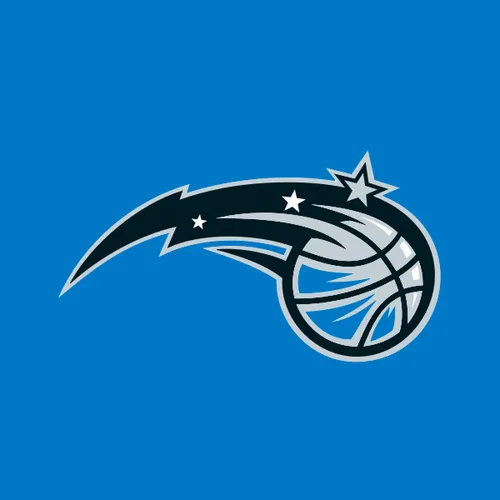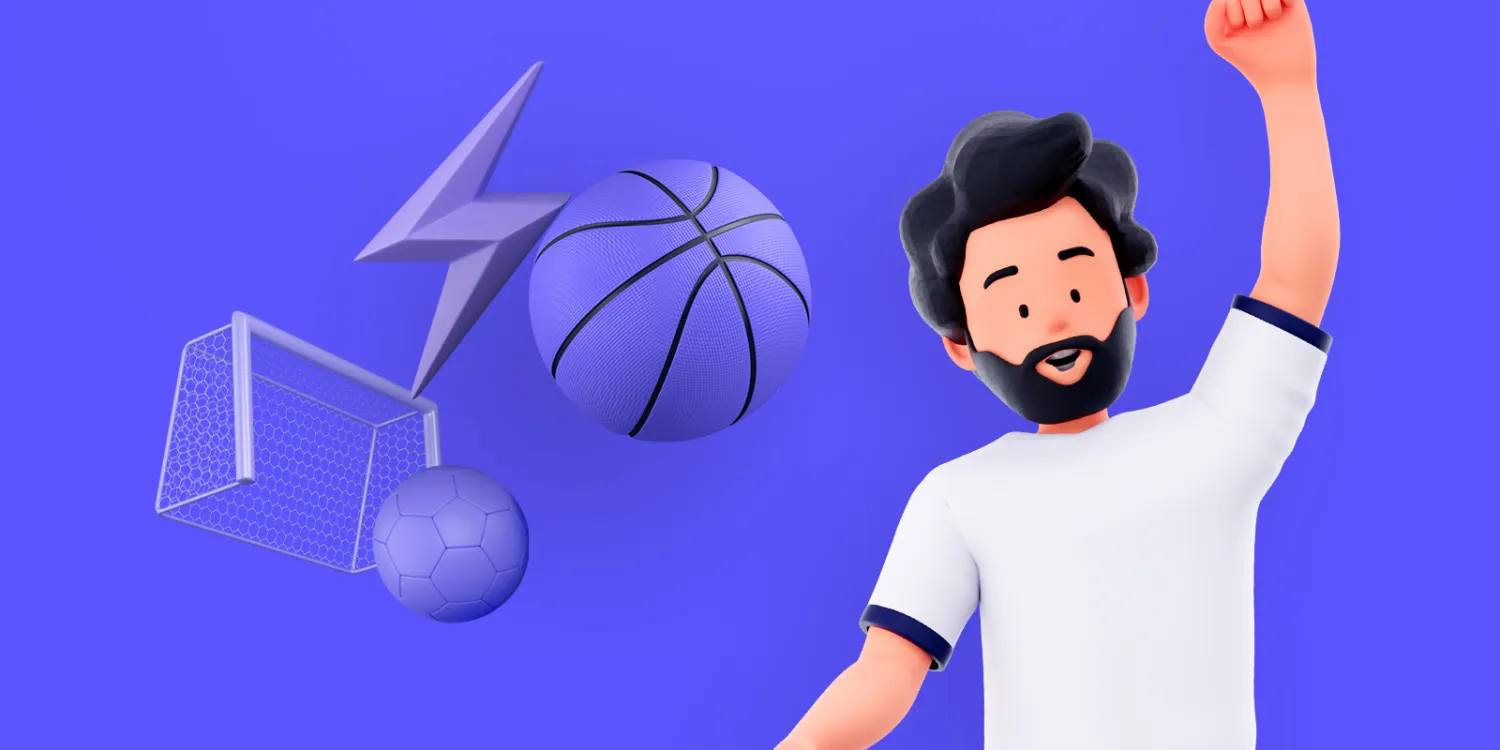







Quality Assurance (QA) Jobs in the Sports Industry: A Quick Guide
Introduction
Quality assurance is a critical component of the sports industry, ensuring that products, services, and events meet the highest standards of quality and performance. Professionals in this sector are responsible for maintaining and improving the quality of everything from sports equipment to athletic facilities. This article delves into the roles, job types, salary expectations, skills, and tips for successfully navigating the QA job market in the sports industry.
Role of QA Professionals in the Sports Industry
QA professionals play a vital role in the sports industry, working to ensure that products, services, and events are reliable, safe, and meet industry standards. They are responsible for designing and implementing quality control processes, identifying and addressing potential issues, and ensuring continuous improvement efforts. Their work directly contributes to customer satisfaction, brand reputation, and overall success within the industry.
Types of QA Jobs in the Sports Industry
QA Inspector: Inspects sports products, materials, and components to ensure compliance with industry standards, specifications, and safety regulations. They may also be responsible for documenting inspection results and reporting any discrepancies or defects.
QA Analyst: Analyzes data, processes, and systems to identify trends, potential quality issues, and areas for improvement. They recommend corrective actions and preventive measures to maintain and enhance product quality, reliability, and performance.
QA Engineer: Develops and implements quality control processes, procedures, and testing methodologies to ensure products and services meet established standards. They work closely with cross-functional teams, including design, manufacturing, and supply chain, to ensure quality is maintained throughout the product lifecycle.
QA Manager: Oversees a team of QA professionals, managing resources and setting priorities to align with organizational objectives. They are responsible for developing and implementing quality policies and strategies, monitoring key performance indicators, and driving continuous improvement initiatives.
QA Auditor: Conducts audits of internal processes, suppliers, and manufacturing facilities to ensure compliance with industry regulations, company policies, and quality management system requirements. They identify gaps, non-conformances, and areas for improvement, working with stakeholders to develop and implement corrective action plans.
QA Lab Technician: Performs tests and experiments on sports products and materials in a laboratory setting, using various testing equipment and methodologies. They analyze and interpret test results, identifying any deviations from established standards or specifications.
QA Documentation Specialist: Manages and maintains quality-related documentation, such as standard operating procedures, work instructions, and quality records. They ensure that documents are up-to-date, accurate, and easily accessible for relevant stakeholders.
QA Trainer: Develops and delivers training programs related to quality assurance, regulatory compliance, and best practices. They ensure that all employees have the necessary knowledge and skills to maintain and improve product quality and adhere to relevant regulations.
QA Process Engineer: Focuses on improving the efficiency and effectiveness of manufacturing processes and workflows, identifying opportunities to reduce waste, improve productivity, and enhance product quality. They work closely with manufacturing teams to implement process improvements and monitor their effectiveness.
QA Validation Specialist: Validates equipment, processes, and systems used in the production of sports products to ensure they meet industry standards and regulatory requirements. They develop and execute validation protocols, analyze results, and prepare validation reports.
Essential Skills for Success in QA
To succeed in QA within the sports industry, professionals must possess a strong attention to detail, excellent problem-solving skills, and the ability to work effectively within cross-functional teams. Additionally, knowledge of industry regulations, standards, and best practices is crucial. Strong communication and leadership skills are also beneficial, particularly for those in managerial roles.
Tips for Landing a QA Job in the Sports Industry
Obtain relevant education and certifications, such as a degree in engineering, quality management, or a related field, and certifications like Six Sigma or ISO.
Gain practical experience through internships, co-op placements, or entry-level positions in QA or a related field on Rebound.
Network with industry professionals and attend industry events to establish valuable connections.
Tailor your resume and cover letter to highlight relevant skills, experience, and accomplishments.
Prepare for interviews by researching the company, practicing common QA interview questions, and showcasing your knowledge of the sports industry.
Conclusion
Quality assurance plays a vital role in maintaining the high standards expected in the sports industry. With a wide range of job opportunities available, professionals with the right skills and experience can find rewarding careers in this growing sector. By following the tips outlined in this guide, aspiring QA professionals can better position themselves for success in the sports industry.



























